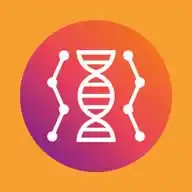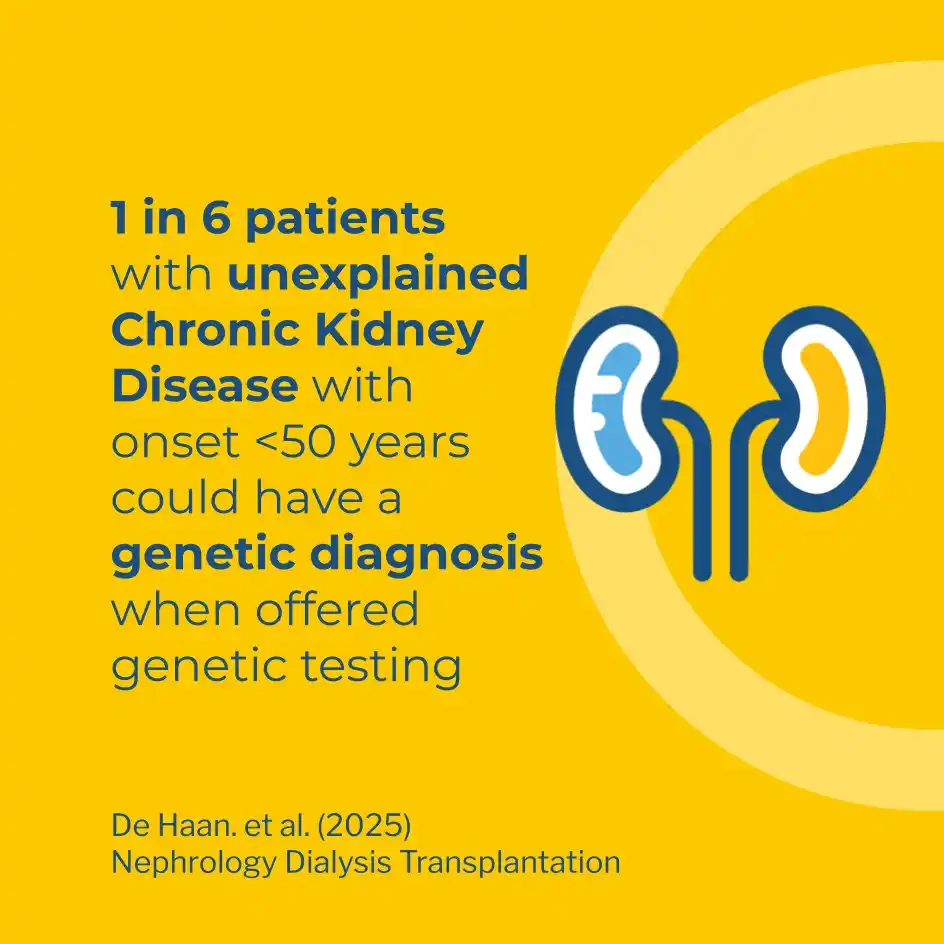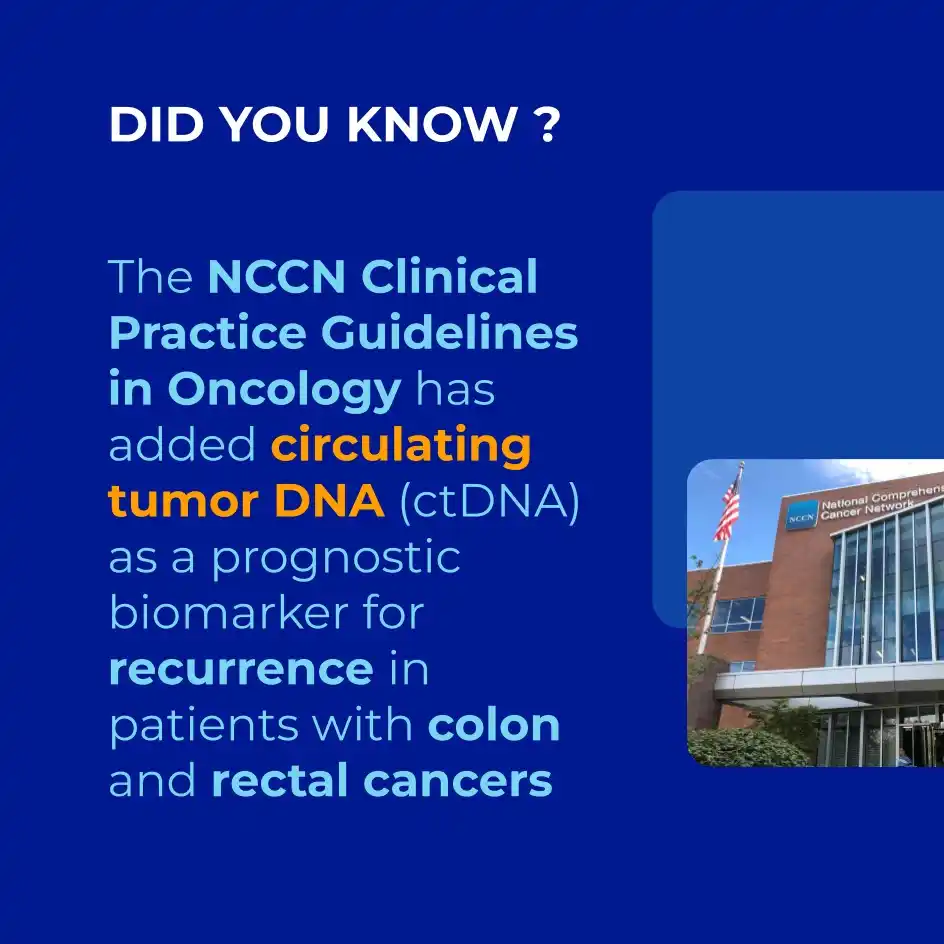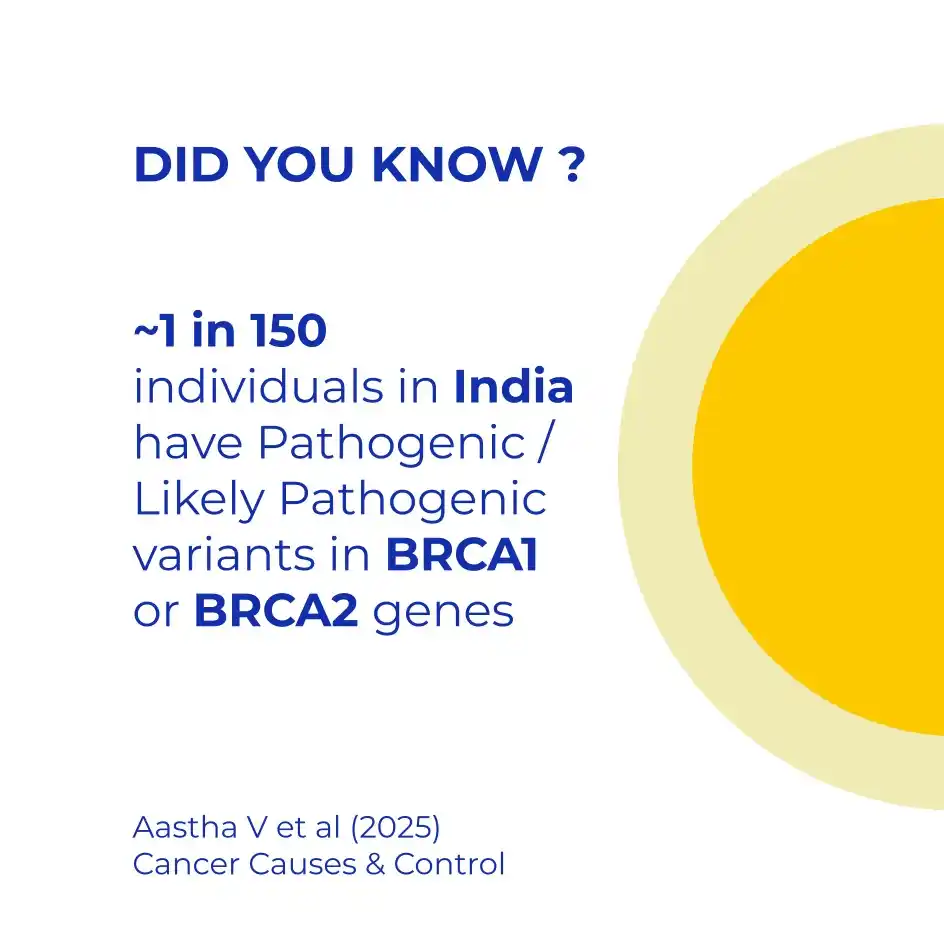
Genomics Insights
296 subscribers
About Genomics Insights
Insights from the world of Genomics
Similar Channels
Swipe to see more
Posts

In a world-first, the NHS England will offer patients with lung and breast cancer – two of the most common forms of the disease – a #liquidbiopsy that detects tiny fragments of tumour DNA. Thousands of cancer patients in England are to benefit from a DNA blood test that saves lives by fast-tracking them on to personalised treatments. https://www.theguardian.com/society/2025/may/29/revolutionary-dna-blood-test-to-offer-thousands-in-england-tailored-cancer-care


National guidelines in the US and internationally endorse germline testing (GT) for Prostate cancer in patients with metastatic disease, high-risk disease, or with strong family cancer history to inform PCA treatment, screening, and hereditary cancer assessment. https://www.thelancet.com/journals/ebiom/article/PIIS2352-3964(25)00149-5/fulltext?rss=yes


Geneticists have long established that race and ethnicity are sociocultural constructs and not good proxies to describe genetic differences in disease risks and traits among groups. Some geneticists have pushed to use ancestry—genetic differences resulting from the part of the world a person’s ancestors came from—to explain those differences. Still, researchers have not settled on the best categories to use in genetics studies—or even whether categories are needed at all—and how to best use self-reported race and ethnicity. https://www.science.org/content/article/race-ethnicity-don-t-match-genetic-ancestry-according-large-u-s-study

New research from the All of Us Program reveals that 1.2% of South Asians carry key cardiomyopathy gene variants and carriers face a significantly higher risk (2-4x) of heart failure, cardiomyopathy, and arrhythmias. This underscores the potential of targeted genetic screening for early detection and intervention. https://www.ahajournals.org/doi/10.1161/CIRCGEN.124.005113


Implementation of rWGS is likely to result in significant reductions in healthcare spending among privately insured patients. https://academic.oup.com/jalm/advance-article/doi/10.1093/jalm/jfaf045/8115973


A recent study found that 8.7% of patients with gastric cancer carried pathogenic variants in genes associated with cancer risk, including BRCA2, BARD1, MSH2, and MSH6. These findings highlight the importance of genetic testing in gastric cancer for improving patient management and potentially identifying hereditary syndromes. https://ascopubs.org/doi/10.1200/JCO.2025.43.16_suppl.e22602


The sperm of a man carrying a rare cancer-causing mutation was used to conceive at least 67 children, 10 of whom have since been diagnosed with cancer Is it now time for comprehensive screening of donors and sperm banks - for cancer and other genetic diseases - now that genomic testing has increasingly become affordable and accessible. https://www.theguardian.com/science/2025/may/23/sperm-donor-cancer-risk-children-europe


Genetic testing yielded a diagnosis in 17% of patients with unexplained CKD, highlighting the relevance of genetic testing in the diagnostic workup of adults with unexplained CKD with onset at <50 years of age. https://academic.oup.com/ndt/advance-article-abstract/doi/10.1093/ndt/gfae270/7905057


The National Comprehensive Cancer Network® (NCCN®) has updated its Clinical Practice Guidelines in Oncology, recognizing circulating tumor DNA (ctDNA) as a high-risk factor for recurrence in colon and rectal cancers. It is also stated it is useful for assessing disease burden in Merkel cell carcinoma, often detectable before clinical recurrence. However, ctDNA is deemed prognostic, not predictive, for adjuvant treatment in colon cancer, and routine use is not recommended outside clinical trials. Similarly, in rectal cancer, ctDNA is a prognostic marker post-local excision but lacks sufficient evidence for routine use.


Are BRCA1/2 genetic variants rare in India ? Quite the opposite https://link.springer.com/article/10.1007/s10552-025-01974-9













